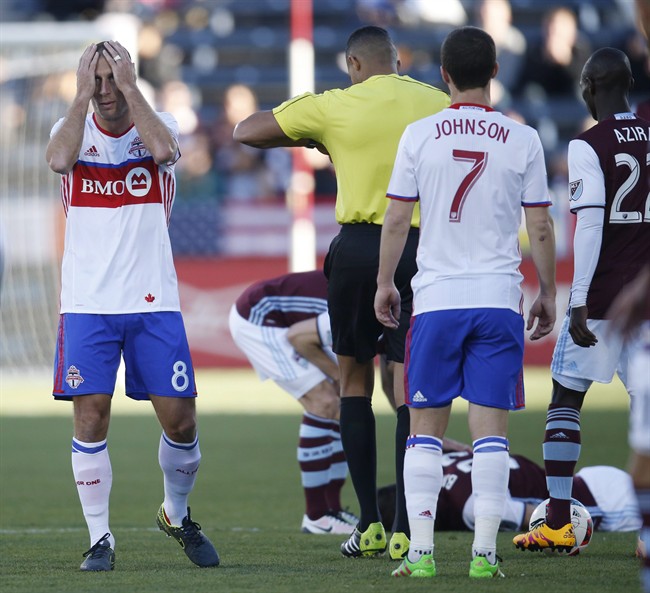
Toronto FC wonders about officiating after string of game-changing calls
TORONTO – Four games into Toronto FC’s season and much of the talk has been on MLS officiating.
A David Villa handball that went unseen led to a New York City FC goal in a 2-2 tie. A foul on defender Justin Morrow went unpunished on the lone Sporting Kansas City goal in a 1-0 loss. And Toronto had to play 77 minutes down a man on the weekend after a controversial second yellow card sent midfielder Benoit Cheyrou to the dressing room during a 1-0 loss to the Colorado Rapids.
“Look the last thing I want to make it out to seem is that we’re feeling sorry for ourselves, because that’s not the case at all,” Toronto captain Michael Bradley said after practice Tuesday.
“I prefer to just make it a general statement. Which for me is that through four or five weeks of the season there’s just been too many games where at the end the referee has played way too big a part in deciding the outcome. That for me is the most disappointing and frustrating part — as a player but also as a fan.
“When you sit down and watch other games from around the league, for me there’s just been a few too many instances like that. Look, I have total understanding for this idea that the league felt the need to crack down on certain types of plays and certain tackles. But I do think in the process the bar has gone a little bit too far.
“Ultimately for any of us, you just want to feel like you step on the field and you get what you deserve — whether it’s three points, one point, zero points, that your performance is what dictates the result and how you walk off the field.”
Toronto coach Greg Vanney was stone-faced after the Colorado loss left his team at 1-2-1.
“Another match impacted by refereeing,” he said by way of opening his post-match news conference.
“I feel like every game we’re having the same discussion,” he added.
Three days later, the blood had returned to Vanney’s face although his opinion hadn’t changed.
He charitably called it “the hiccups of the early season” as referees and players struggle to adjust to new expectations of on-field conduct.
Through the first five weeks of the season, there have been 16 reds over 42 games. That compares to 14 over the same period last year and 11 the previous season. The average over the league’s 21-year history is 12 at this time of the season.
Toronto isn’t the only team to question a red card.
Los Angeles Galaxy coach Bruce Arena was sympathetic to Vancouver counterpart Carl Robinson after Whitecaps midfielder Matias Laba was sent off for a tackle on the weekend.
“There’s just been too many red cards in this league,” Arena said. “It’s ruining games. It doesn’t make the games entertaining and I don’t think the fans like it. It seems like every game in this league there’s a red card now.”
Toronto midfielder Will Johnson points to the league’s bid to punish studs-up tackles.
“I think the refs are just calling what they’ve been told to call,” he said. “What I see as a difference between last year and this year is they’re calling red cards tighter … My simple point is that I’m not seeing that tackle endanger the safety of the opponent because no one’s getting hurt. And I don’t mean to say if a guy gets hurt that’s a red card. I think they should look at a bunch of different tackles from around the world and reassess maybe what endangers the safety of an opponent. I think guys are starting to milk it now, a little bit.”
Tackling is a big part of Johnson’s game.
“I enjoy tacking. I think I have a unique perspective as to what is a dangerous tackle,” he said wryly.
A 50-50 challenge with Toronto’s Mark Bloom in September 2014 resulted in a badly broken leg for Johnson while a member of the Portland Timbers. And he was on the field in 2011 when Real Salt Lake teammate Javier Morales was tackled from behind, resulting in a fractured left tibia and fibula, dislocated his ankle and torn ligaments.
In Portland, Johnson was also a teammate of Steve Zakuani who was forced to retire at 26 after suffering a badly broken leg when he was at the wrong end of a bad tackle.
“No one’s more sensitive to tackles that danger the safety of an opponent … But I think we’re a little over-cautious with where we are today,” Johnson said.
Follow @NeilMDavidson on Twitter
Join the Conversation!
Want to share your thoughts, add context, or connect with others in your community? Create a free account to comment on stories, ask questions, and join meaningful discussions on our new site.









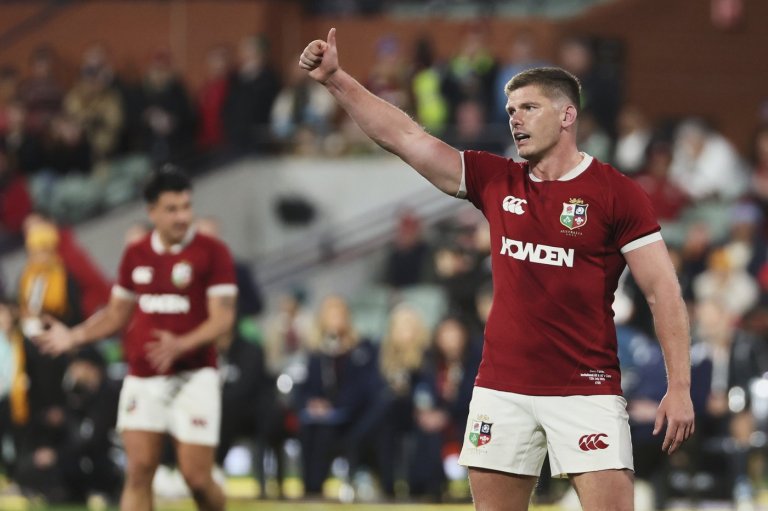
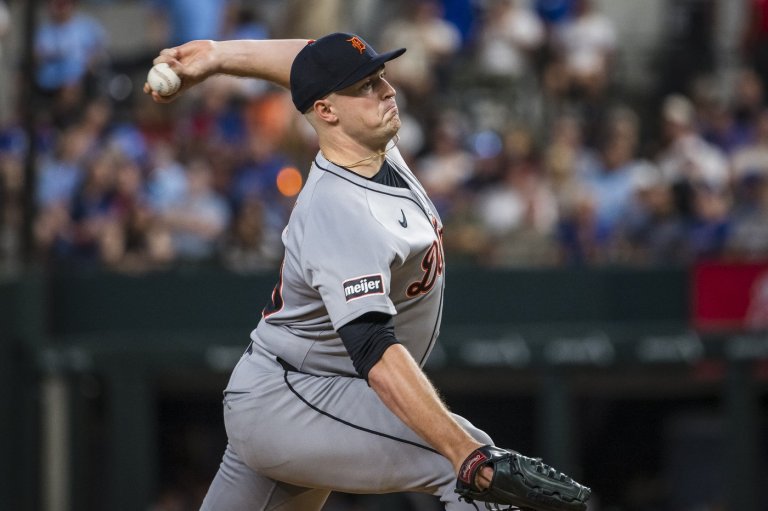
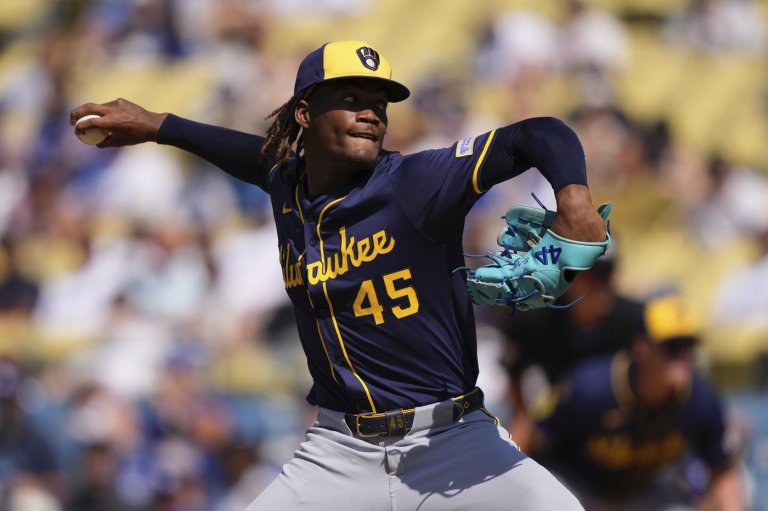
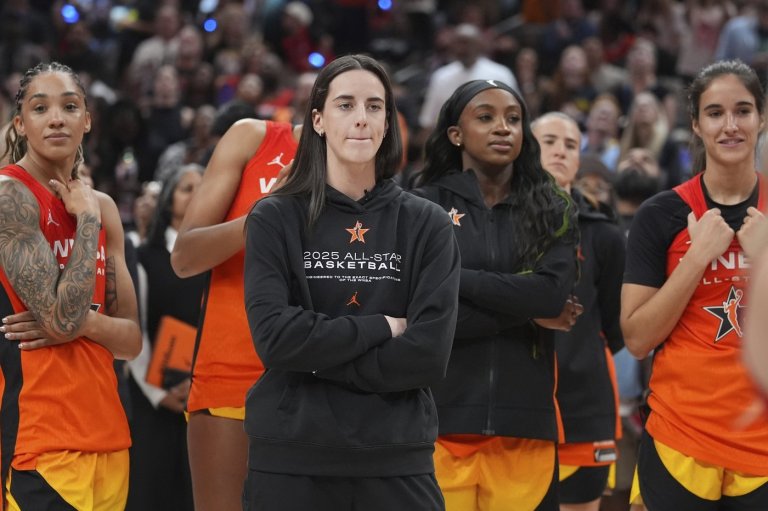
Leave a Reply
You must be logged in to post a comment.